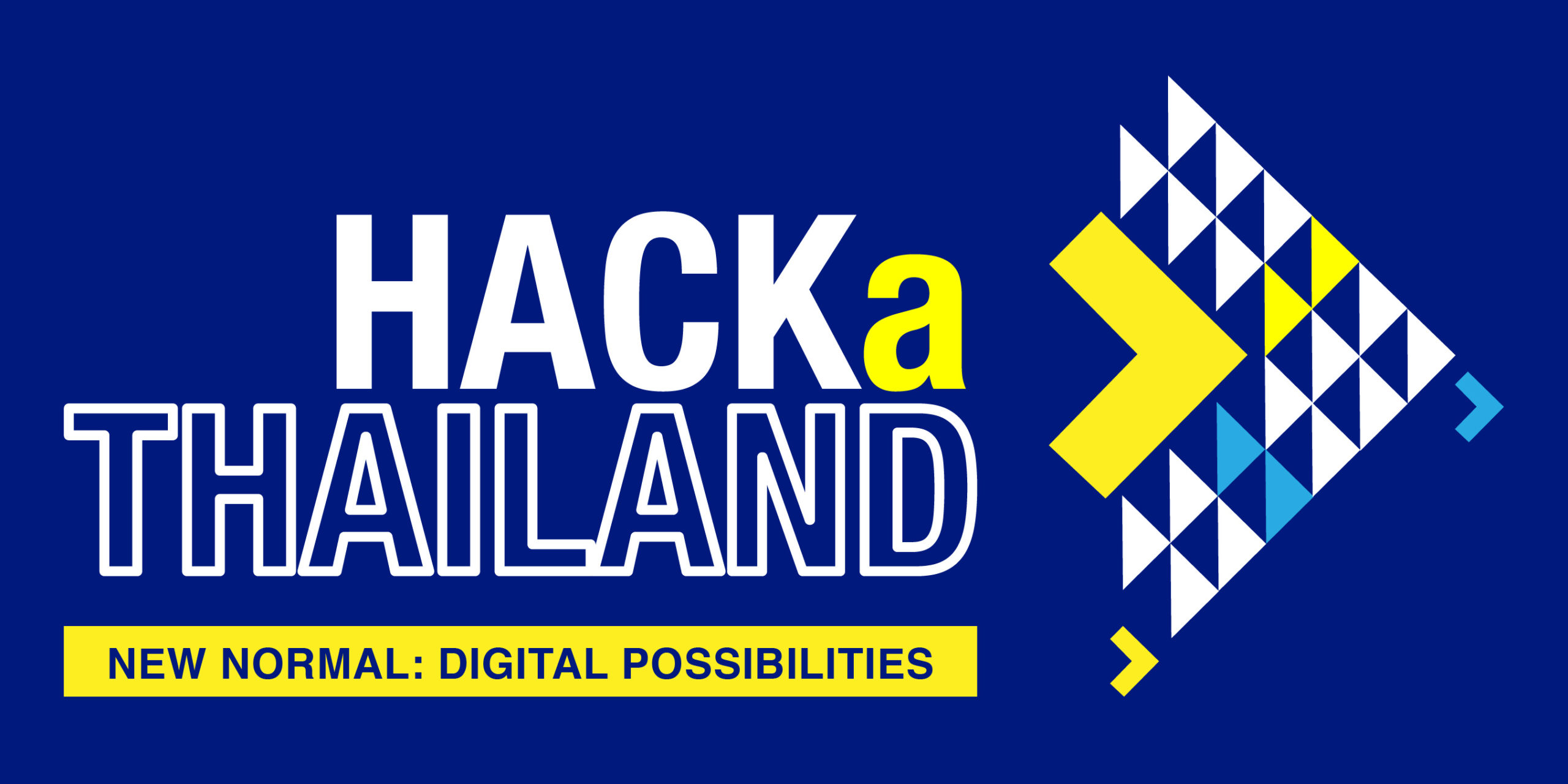Home › Forums › Public Forum › How Digital Tools Are Changing the Way Europeans
-
How Digital Tools Are Changing the Way Europeans
-
Travel across Europe has become more streamlined and tech-driven than ever before. From digital boarding passes to AI-powered hotel bookings, modern travelers are embracing technology to simplify their journeys. In Norway and across the European continent, convenience and safety now go hand-in-hand thanks to the growth of travel-focused fintech tools, mobile services, and smart urban infrastructure.
While most tourists think of booking flights or accommodations online, many are unaware of the deeper impact digital transformation has had on travel behaviors.
For instance, payment methods have evolved from cash and physical cards to mobile wallets and virtual banking solutions. In cities like Oslo, Stockholm, and Berlin, contactless payment is not just accepted but encouraged—making it possible to get around without ever reaching for a wallet.
One of the leading innovations in this space is the integration of fintech platforms such as Revolut into everyday travel routines. Revolut offers users the ability to manage multiple currencies, track expenses in real-time, and send or receive money across borders instantly.
These features make it a favorite among digital nomads and travelers navigating multiple European countries. It’s not just about convenience—using such services helps avoid hidden fees, poor exchange rates, and security risks associated with traditional banking methods https://nodeproject.no/.Travelers using digital services also benefit from added layers of financial protection. For example, virtual cards allow users to set spending limits or freeze the card in case of suspicious activity. This comes in handy not only when shopping abroad but also when using digital entertainment services, including those linked to online platforms in Europe. If you’re looking to interact with international entertainment platforms safely, it’s always a smart idea to Spill trygt med Revolut casinobetaling to ensure you maintain control over your spending and privacy.
In Norway, this approach to secure spending is particularly valued. Norwegian society has long embraced cashless living, and even small towns are equipped with digital payment infrastructure.
Tourists who visit Norway will notice that nearly all transport systems, food vendors, and even street performers accept mobile payments. This level of accessibility reduces friction and enhances the overall travel experience.
The emphasis on safety extends beyond transactions. European cities are increasingly using digital platforms to help tourists navigate safely. Apps that show real-time crowd data, alert users about local transit delays, or recommend off-the-beaten-path destinations based on time of day are becoming more common. These features not only make travel more enjoyable but also help distribute tourist traffic, supporting sustainability efforts in popular destinations.
Digital technology is also helping travelers find personalized experiences. With a few taps, users can locate eco-friendly accommodations, cultural experiences led by locals, or digital museums with multilingual guides. This trend aligns with the preferences of modern tourists, who often seek authenticity, convenience, and responsible tourism all at once.
The integration of payment services into these platforms means that the full travel journey—from research and booking to payment and feedback—can occur within a single app or digital environment.
In urban hubs like Amsterdam and Copenhagen, shared mobility platforms have transformed how people move. Whether renting a scooter, e-bike, or car, users can quickly verify their identity, reserve their ride, and pay via a secure mobile system. These services rely on seamless payment integration and real-time data to provide a user experience that feels effortless. And as cross-border mobility becomes more common in the EU, having a financial tool like Revolut that adapts to different currencies and laws is more than just convenient—it’s essential.
Norwegian travel startups are also entering the scene with innovative ideas that merge tourism with digital finance. Several platforms allow users to book travel packages, purchase event tickets, and manage travel insurance all within one interface. The ability to link payments directly to services in a safe and transparent way is one of the reasons these platforms are gaining trust. As the European Commission continues to support open banking and fintech innovation, we can expect these services to become even more interconnected and user-centric.
Cultural norms are also changing. Younger travelers expect transparency, speed, and personalization in all their interactions, including financial ones. Whether they’re booking a fjord tour in Bergen or visiting a heritage site in Slovenia, they want to know what they’re paying for, how they’re paying, and that their data is secure. These expectations are pushing the travel industry—and connected sectors like digital entertainment—to raise their standards.
In the broader context, the role of fintech in European travel reflects a deeper societal shift toward autonomy and informed decision-making.
With tools like Revolut, travelers not only manage money more effectively but also gain peace of mind, knowing they are equipped with smart, secure systems designed to protect them in foreign environments. Whether you’re crossing borders or logging in to a global platform, the principles of transparency, user control, and innovation are setting the standard for travel in the digital age.
-
This discussion was modified 9 hours, 26 minutes ago by
 Bidziil Dannie.
Bidziil Dannie.
-
This discussion was modified 9 hours, 26 minutes ago by
 Bidziil Dannie.
Bidziil Dannie.
-
This discussion was modified 9 hours, 26 minutes ago by

